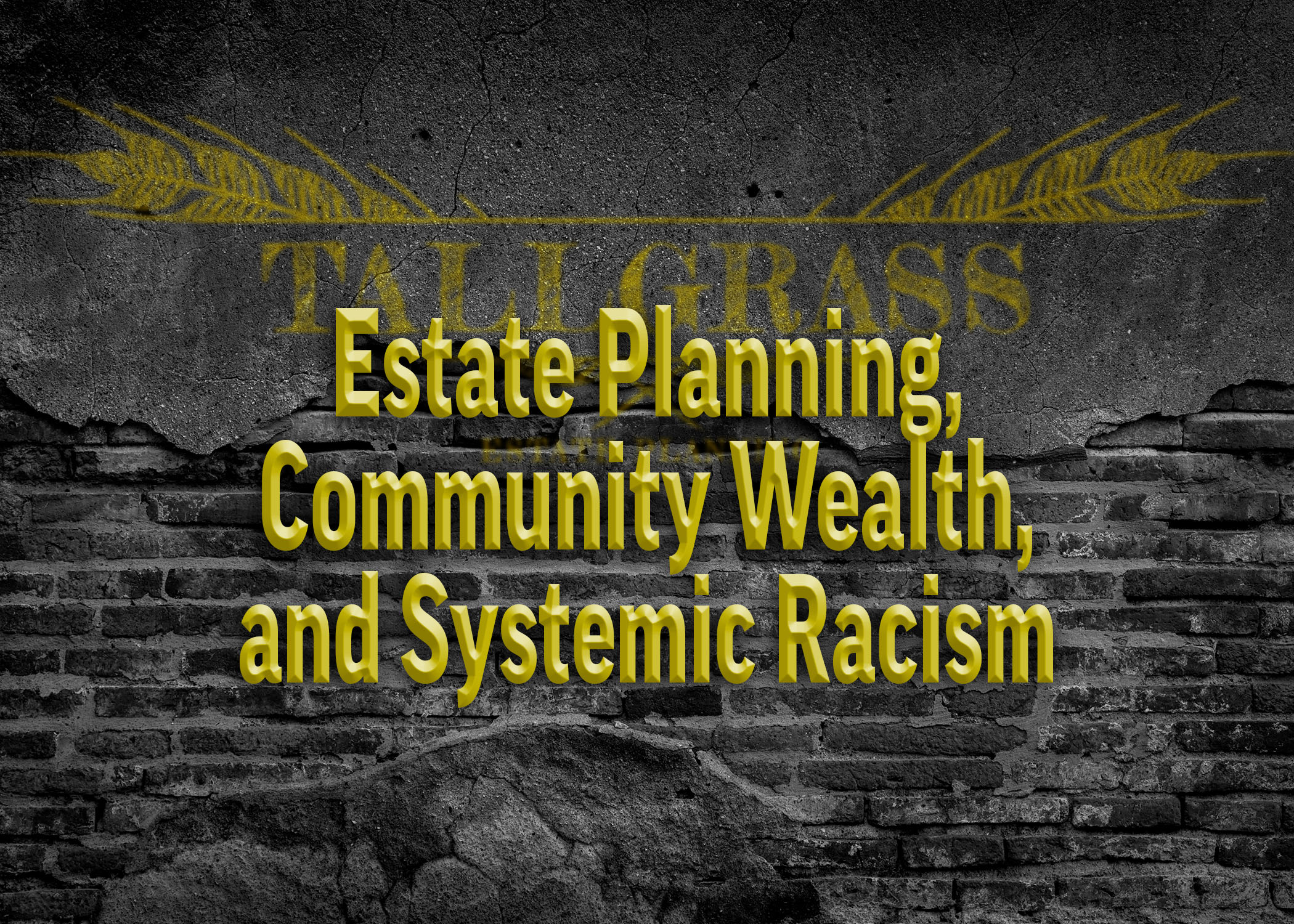
It’s likely our loved one took the most common path – the one that led to probate. Maybe they left a will or communicated their wishes at the last Thanksgiving dinner. But, they are gone now. And here you are, in the land of probate. We’ve been here too. If you're like many people, you feel lost and without a map. So here are a few things to help you know what to expect.
Getting Started
Aside from the district court judge, there are two key players in the probate process: the Executor (sometimes called the Personal Representative) and the Beneficiaries (otherwise known as heirs, devisees, and legatees).
You may play one or both of two roles. If you are in possession of your loved one’s Will, you are required by Oklahoma law to turn it over to the court within 30 days of your loved one’s death. “Turning over the Will” includes a hand full of petitions you will file with the court. If you are designated as Executor of the estate, you will have responsibilities such as notifying heirs, devisees, and legatees, and creating an inventory of the assets. If you are not the Executor, you may want to keep your own running inventory. (Pro tip: It’s more difficult to get back money than to ensure it was appropriately spent in the first place.)
While it’s preferable to keep peace among family in the midst of a probate, don’t be afraid to ask questions and keep track of probate proceedings. In the worst cases, an Executor may mismanage your inheritance. In the best case, it can be a lonely and stressful role to play, so your checking in might be a comfort to the family member carrying this weight.
Time and Money
Expect the process to take 5-8 months (if nothing is contested). And on average, expect probate to cost $4,000-8,000, depending on the attorney's rates, the value of the assets, and any additional hearings that have to happen during the process - such as petitioning the court to sell real estate, removing and replacing the Executor, making partial distributions of assets to beneficiaries, etc.
The Details
Besides being a required part of the process, an inventory is going to help you determine the shape and complexity of your probate. Whether a probate is required and what type of probate process is available is based on:
- How the deceased owned their assets, and
- The value of those assets.
If ownership of an asset is clearly provided for upon death, then that asset won’t need to be probated - for example, a surviving spouse or other surviving joint owner remaining on the deed to real estate, or an individual or charity named as the beneficiary of a retirement account or life insurance policy. Those things have an identifiable owner, and there is no need for the court to get involved. If you are unsure about an asset, tell your attorney or the court about it and they will determine if it is part of the probate estate.
"Small estates" might allow for a simplified probate-like process, and many vehicle titles, if the vehicle is the only asset remaining in an estate, can be transferred with a a tool called a "small estate affidavit."
Creating an inventory can be tedious and time-consuming, but accuracy in the beginning will save time and frustration later on (not to mention it’s required by law).
Making Friends at the Post Office
Once you have a list of stuff, it’s time to make a list of people.
The court will expect you to find all possible heirs, devisees, and legatees. You must provide notice to all of them – even those estranged heirs half-way across the country – at several points throughout the probate process, letting them know how things are progressing and when hearings are scheduled. Is there a court date? Gotta provide notice. Do you want to sell property? Gotta provide notice. Is a Will going to be submitted? Gotta provide notice. This allows people with certain rights to present a contest or challenge along the way. Most of the time, things move along without a hitch, but you still gotta provide notice.
You will also have to send notices to known and unknown creditors and communicate with any who make claims against the estate. Now is the time to make reasonable payment arrangements or request forgiveness of the debt.
As all of this work continues, make sure you are tracking any changes in inventory.
It Ain’t Over Till It’s Over
After assets have been identified and beneficiaries located, the court will wait 60 days to allow those beneficiaries and creditors to make claims against the estate. If there are any, the process will continue until all claims have been resolved. Throughout, make sure to establish a good rapport with the court. Whether by your own timely arrival and preparedness or through representation by an experienced attorney, you can make an important impression on the court that will allow things to go more smoothly.
While you wait for that final hearing, it might be a good time to look into your own estate planning. Take the road less traveled by. As you will know by the end of probate, it will make all the difference!
Here's the stuff we always put at the end:
If you want to know more, we would love to talk with you about it. Best part, the conversation about how it could benefit you doesn't cost anything. Call us at (918) 770-8940 (in the Tulsa area) or (405) 358-3848 (in the OKC area) or send an email to firm@tallgrassestateplanning.com to set up a free consultation, either in person, video chat, or phone call.
Disclaimer: Reading this blog post does not create an attorney-client relationship, and it is not formal legal advice. This is for information purposes only. Your best bet, always, is to speak with an attorney about your questions, assets, concerns, and needs.

















